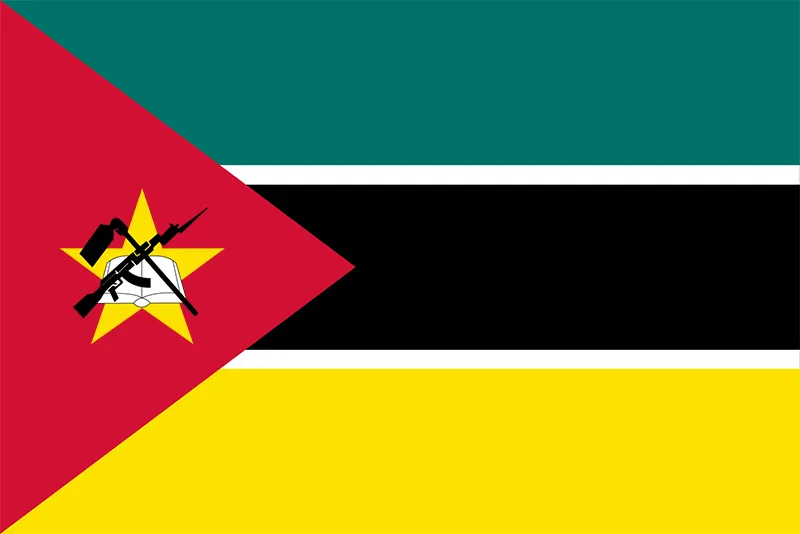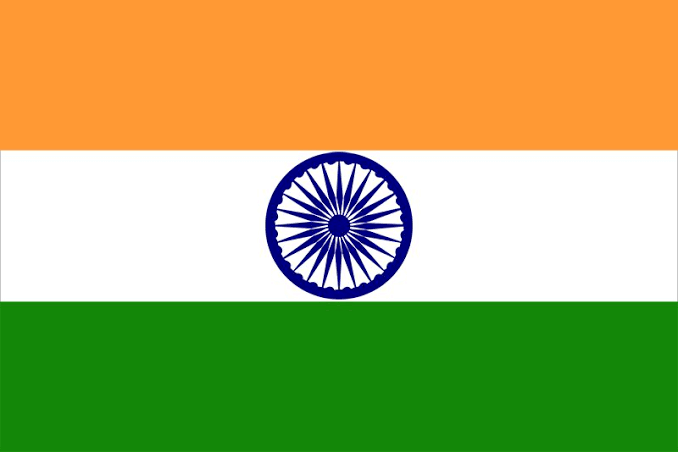Top 10 Countries With Highest Rate Of Child Marriages

Throughout history, child marriage has been common and continues to be common, particularly in developing nations like Africa, South Asia, Southeast Asia, West Asia, Latin America, and Oceania. However, child marriage is permitted by law even in developed nations. In most countries, child marriage is becoming less common. A decrease of 25% from ten years ago, young women between the ages of 20 and 24 were married as minors in 2018, according to UNICEF statistics.
The Central African Republic, Niger, Mali, Bangladesh, Mozambique, and Nepal reported the highest rates of child marriages (those between children under the age of 18), with rates above 50%. Niger, Chad, Bangladesh, Mali, and Ethiopia all reported child marriage rates of more than 20% among children under the age of 15.
economic survival strategies and poverty; gender disparity; securing contracts for land or property or resolving disputes; control over sexual orientation and safeguarding family honor; custom and culture; and insecurity, especially during times of war, famine, or epidemics, are things that encourage and support child marriage, according to the UNFPA. We’ve also published article on countries with the best doctor
10 Countries With Highest Rate Of Child Marriages
- Niger
- Chad
- Mali
- Bangladesh
- Guinea
- Central African Republic
- Mozambique
- Nepal
- Ethiopia
- India
1. Niger

In Niger, a landlocked nation in West Africa, child marriage is a major issue. It has one of the highest rates of child marriage in the world, which has devastating effects on the growth and development of young girls. Child marriage is a problem in Niger because of social, economic, and cultural factors. In Niger, traditional customs and practices are largely responsible for encouraging child marriage.
Early marriages can be the result of deeply held beliefs about female modesty, family honor, and gender norms. It's possible for families to believe that marrying off their daughters is a good way to protect their daughters' futures, keep their virginity, and avoid arguments. The social problem of child marriage in the country is also caused by poverty. With few economic opportunities and widespread poverty, Niger is one of the poorest countries in the world. Marriage at a young age may help alleviate financial strain for many families that struggle to meet their basic needs. A bride price or dowry, which may provide financial assistance, may be awarded to the bride's family in rare instances.
2. Chad

READ ALSO » Top 10 Countries With The Highest Diabetes Rate 2024
In Chad, child marriage is a major problem. It is one of the countries with the highest rates of child marriage in the world, which is bad for young girls' lives. In Chad, underage marriage is common because of cultural practices, poverty, a lack of access to education, and weak legal enforcement. Chad is poor and has few economic opportunities, especially in the rural areas. Child marriage may be viewed as a means of easing financial burdens by families.
When parents marry their daughters when they are still young, not only does it reduce the number of people living in the home who are dependent on them, but it also has the potential to provide financial advantages through dowry or bride price. Kid marriage endures in Chad because of conventional customs and cultural principles. In many societies, early marriage is seen as a cultural practice, a way to keep women's virginity, keep their social standing, and keep their honor. Many families believe that marrying their daughters when they are young will protect them from perceived moral and social issues.
3. Mali

Mali has one of the highest rates of child marriage in the world, which poses significant challenges to the development and well-being of young girls. There are many reasons why child marriages are common in Mali.
Customary traditions and cultural norms altogether affect the event of kid marriage in Mali. In many societies, early marriage is seen as a way to preserve family honor, social order, and girls' virginity. This practice is deeply ingrained in cultural traditions. It is not uncommon for families to view having their daughters marry young as a crucial step toward maturity and securing their daughters' future.
4. Bangladesh

In Bangladesh, a populous South Asian nation, child marriage is a widespread issue. Child marriage is a deeply ingrained practice that has serious effects on girls' well-being and development, despite significant progress in recent years. Child marriage is common in Bangladesh because of poverty, gender inequality, cultural norms, and a lack of access to education.
One of the poorest nations in the world, poverty is a major factor in child marriage in Bangladesh. Families living in poverty frequently believe that marrying their daughters young will lessen the financial strain on the household. They might also see it as a way to cover bride costs or dowry payments to ensure financial security. Additionally, there is the issue of gender inequality. Traditional gender roles, patriarchal norms, and social expectations frequently encourage child marriage. Women and girls are more likely to marry young because they are denied educational opportunities, economic freedom, and decision-making authority through discrimination. The issue has also been influenced by the cultural norms of the country, as early marriage is regarded as a societal norm in some areas, protecting females from the perceived dangers of premarital dating and maintaining family dignity. You can also read on countries with best healthcare system
5. Guinea

In Guinea, efforts to combat child marriage necessitate a multifaceted strategy that incorporates changes to legislation, education, poverty alleviation, and efforts to influence cultural norms, which appear to be yielding scant results.
READ ALSO » Top 10 Countries With The Highest Rate Of Obesity
The prevalence of child marriage in Guinea is significantly influenced by societal norms and cultural practices. The country has one of the highest rates of child marriage in the world, which has serious effects on the health and growth of young women.
6. Central African Republic

Although comprehensive statistics on the prevalence of child marriage in CAR are lacking, existing evidence suggests that the practice is widespread and has serious effects on the development and well-being of girls.
These practices are frequently supported and extended by community members and traditional leaders because they are seen as a means of maintaining social order and cultural traditions.
7. Mozambique

Mozambique, a country in southern Africa, has one of the highest rates of child marriage in the world. The practice of child marriage is deeply ingrained in society and has a negative impact on the lives of young girls. Mozambique is one of the poorest countries in the world, with high rates of poverty and limited economic prospects, particularly in rural areas.
Children's marriage might be a way for struggling families to get out of financial trouble. Offering their little girls early in life could limit the quantity of wards in the home while additionally potentially giving monetary benefits by means of settlements or lady costs.
8. Nepal

There are a number of reasons why Nepal has one of the highest rates of child marriage in South Asia. The Economy and Poverty: In Nepal, poverty is a major factor in underage marriage. Marriage of daughters at a young age may be seen as a means of alleviating the financial strain on a poor family.
By shifting responsibility for care and financial support from the wife's family to the husband's, child marriage may alleviate financial stress. Even though dowry practices are illegal in many parts of Nepal, they are still practiced, and early marriage is thought to be a way to avoid paying higher dowries. In Nepal, child marriage is seen as a way to protect family honor, so it is supported by traditional values and social expectations.
9. Ethiopia

Child marriage is a result of deeply ingrained patriarchal traditions, social expectations, and uneven power dynamics in Ethiopia, a country in the Horn of Africa.
READ ALSO » Top 10 Nigeria's States With The Highest HIV Rate
In Ethiopia, cultural norms and traditional practices largely perpetuate child marriage. Early marriage is deeply ingrained in the social norms and expectations of many societies. In some places, traditional customs like child marriage and bride abduction are common and contribute to the continued prevalence of child marriage.
10. India

Child marriage is still a major issue in India, despite significant progress and recent legislative changes. India has the highest number of child brides in the world, according to estimates.
Although the rate of child marriage varies by community and location throughout the country, it is a deeply ingrained social issue that has serious repercussions for the lives of young girls. Child marriage persists in India for a number of reasons, including societal norms, poverty, a lack of education, and weak legal enforcement.
Conclusion
Factors like poverty, gender inequality, cultural and traditional values, a lack of education, and inadequate legal safeguards are all factors that contribute to child marriage. The health, education, and general well-being of those involved in child marriage are severely impacted. As a result of early pregnancy and delivery, girls forced into early marriages frequently experience adverse health effects, such as higher rates of maternal mortality and difficulties. Additionally, it is evident that the majority of countries with a high rate of child marriage share similar factors.
